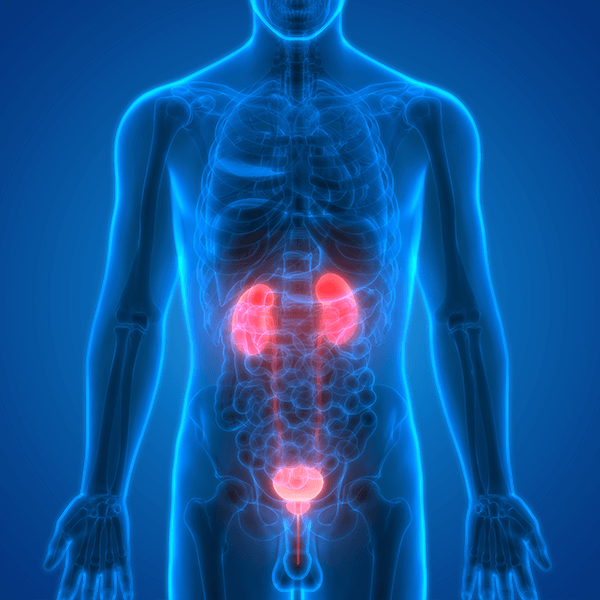BPH is an acronym for Benign Prostatic Hyperplasia, a condition that causes enlarged and inflamed prostates (the tissue around the urethra) in men. This article outlines the symptoms of BPH and what to expect from this condition.
What Is BPH?
BPH is an acronym for benign prostatic hyperplasia. This condition is a growth of the prostate gland that can lead to problems with urination. Common symptoms of BPH include difficulty starting and stopping urination, feeling the need to pee frequently, and a weak stream.
There is no one cause of BPH, but it can be linked to genetics, age, and lifestyle factors. If left untreated, BPH can lead to increased prostate size and other health problems. Treatment options include medication, surgery, or radiation therapy. You can also check this site https://toowoombaspecialists.com.au/laser-therapy-for-bph-toowoomba to get BPH prostate treatment.

Image Source Google
How Does BPH Affect the Flow of Blodflow From Your Veins?
BPH, or benign prostatic hyperplasia, is a condition in which the prostate gland becomes enlarged and causes difficulty in the flow of urine.
The symptoms of BPH can include an increased amount of urinary frequency, difficulty starting urination, painful urination, and a decreased amount of urine.
If left untreated, BPH can cause serious health problems such as kidney failure and urinary tract infections.
There are many treatments available for BPH, including surgery and medication.
Symptoms of BPH
BPH, or benign prostatic hyperplasia, is a common condition that affects the male reproductive organs. Symptoms can include difficulty urinating, an enlarged prostate, and a feeling of discomfort when sitting down. BPH is treatable with surgery, but can often be managed with medication and lifestyle changes.